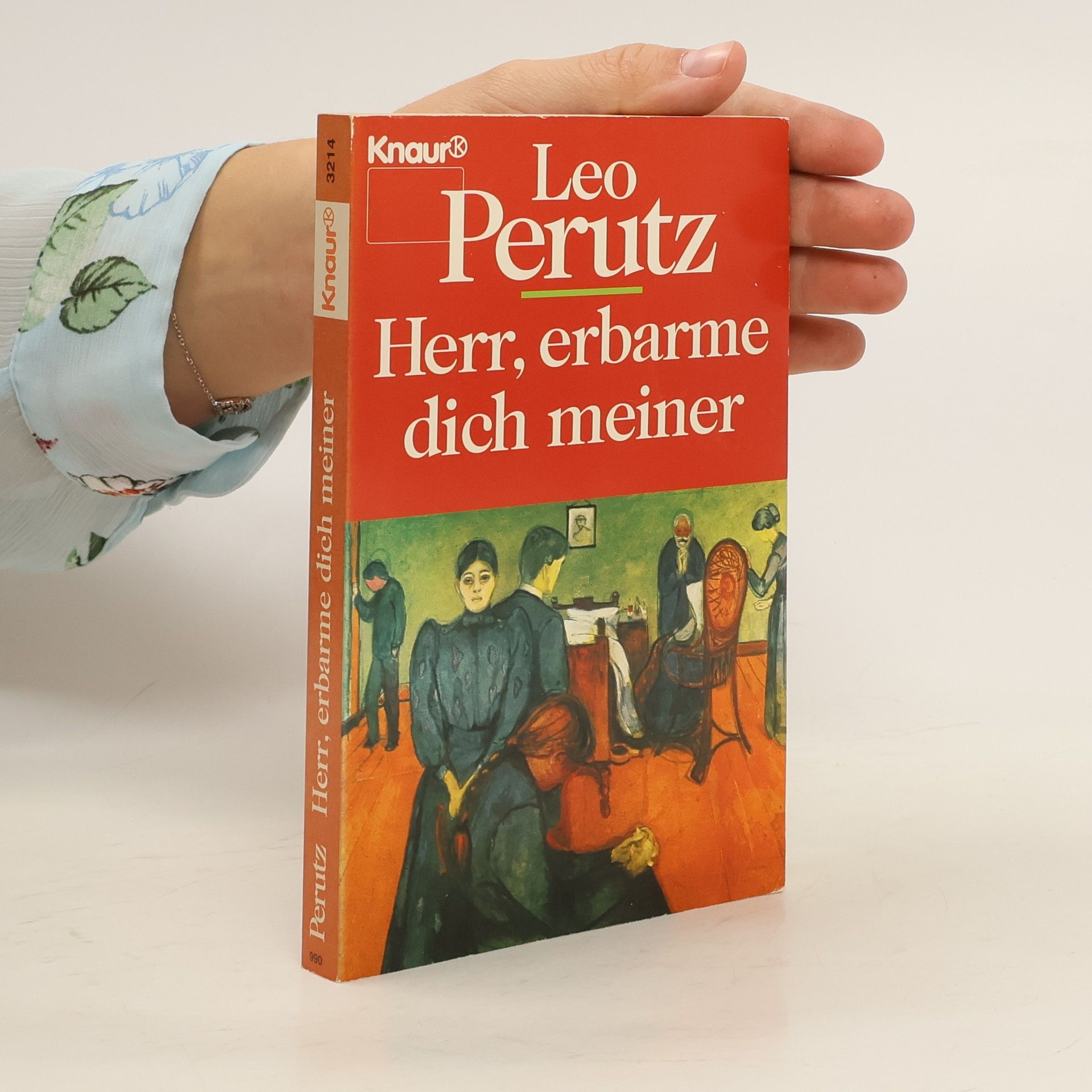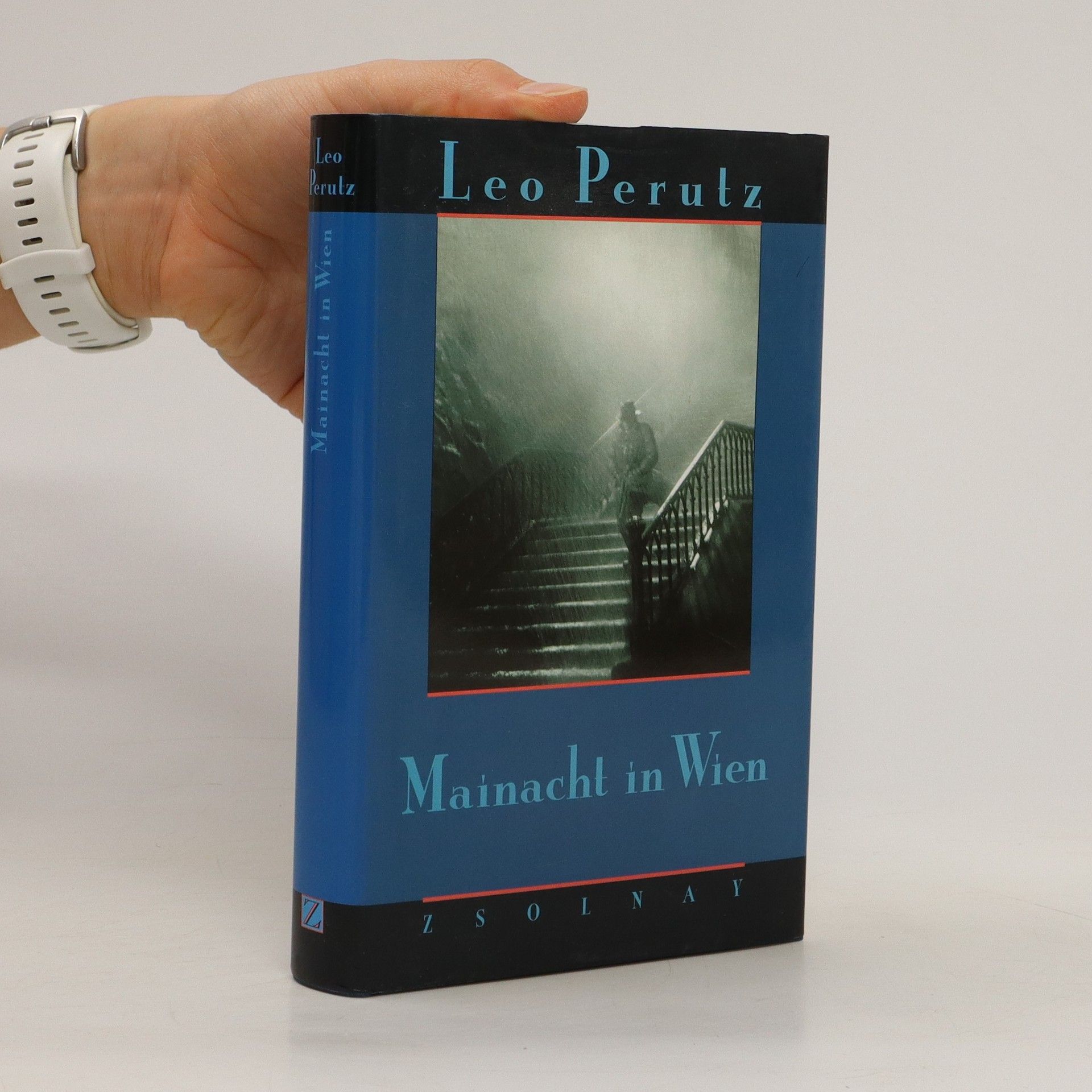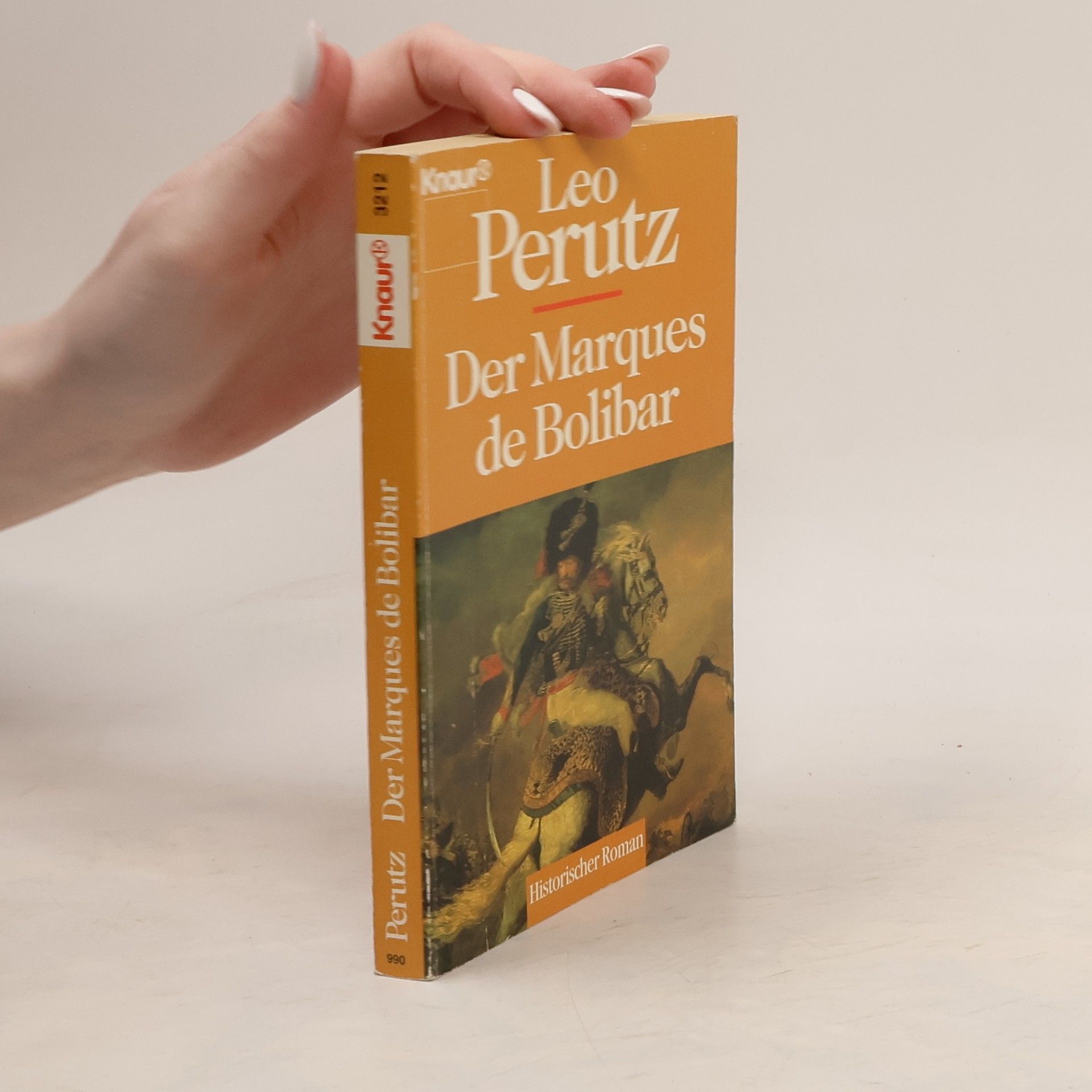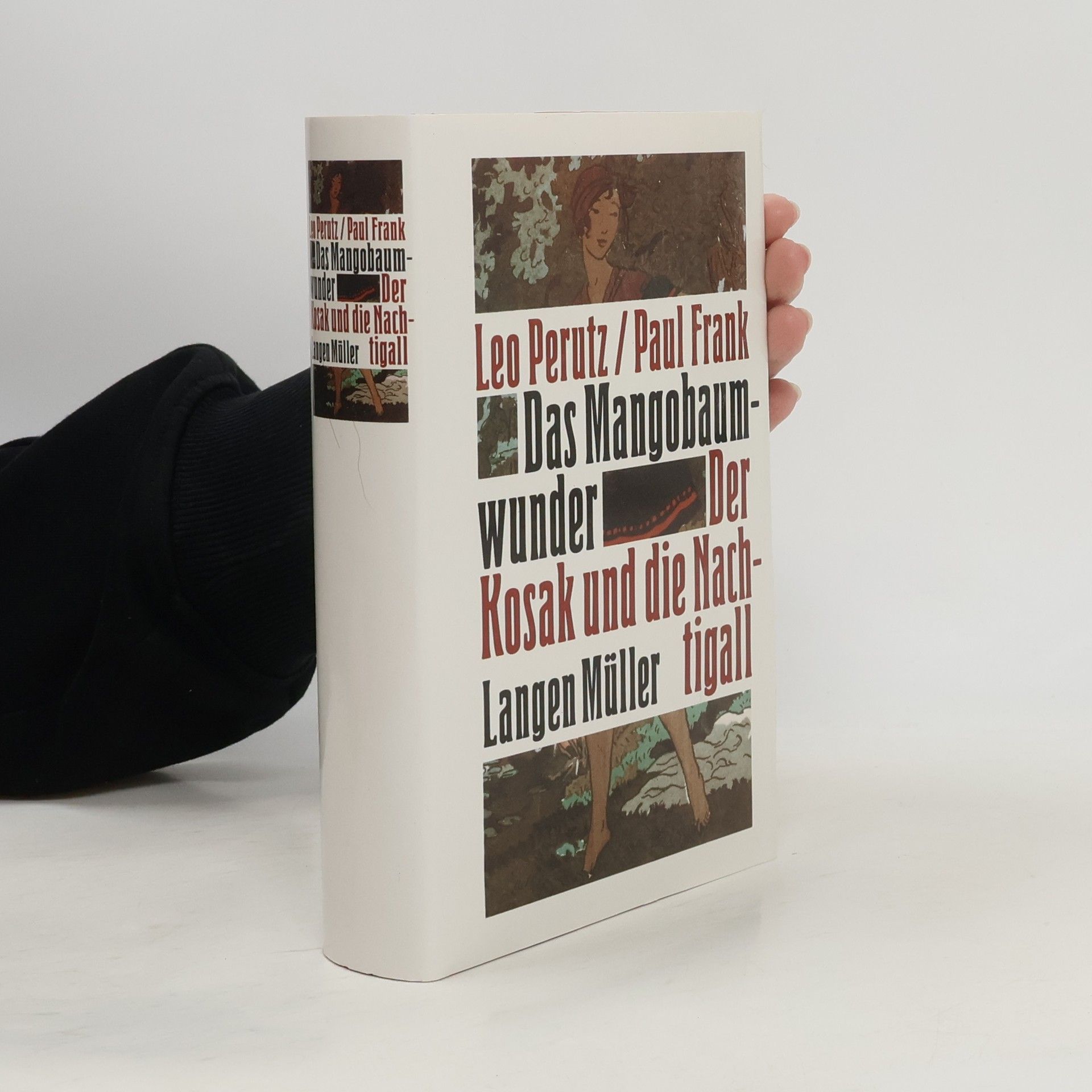This collection of short stories set in 16th-century Prague revolves around Rudolf II, king of Bohemia and emperor of the Holy Roman Empire, known for his love of the arts. The narrative features Rabbi Loew, the wealthy Mordejai Meisl, and his wife Esther, who serve as connections between the court and the ghetto. The stories are presented through the eyes of Jacob Meisl, a mysterious medical student intent on demonstrating that "history school professors and history book writers don't know nor understand anything." He argues that historical accounts often overlook the human and magical aspects of existence, suggesting that true literature can often be more real than history itself. First published in 1953, shortly before the author's death, this work is widely regarded as Leo Perutz's masterpiece. He is celebrated as one of the great narrators of the 20th century, admired by diverse writers such as Graham Greene, Ian Fleming, and Jorge Luis Borges, and recognized as one of the finest historical novels in universal literature.
Leo Perutz Libros




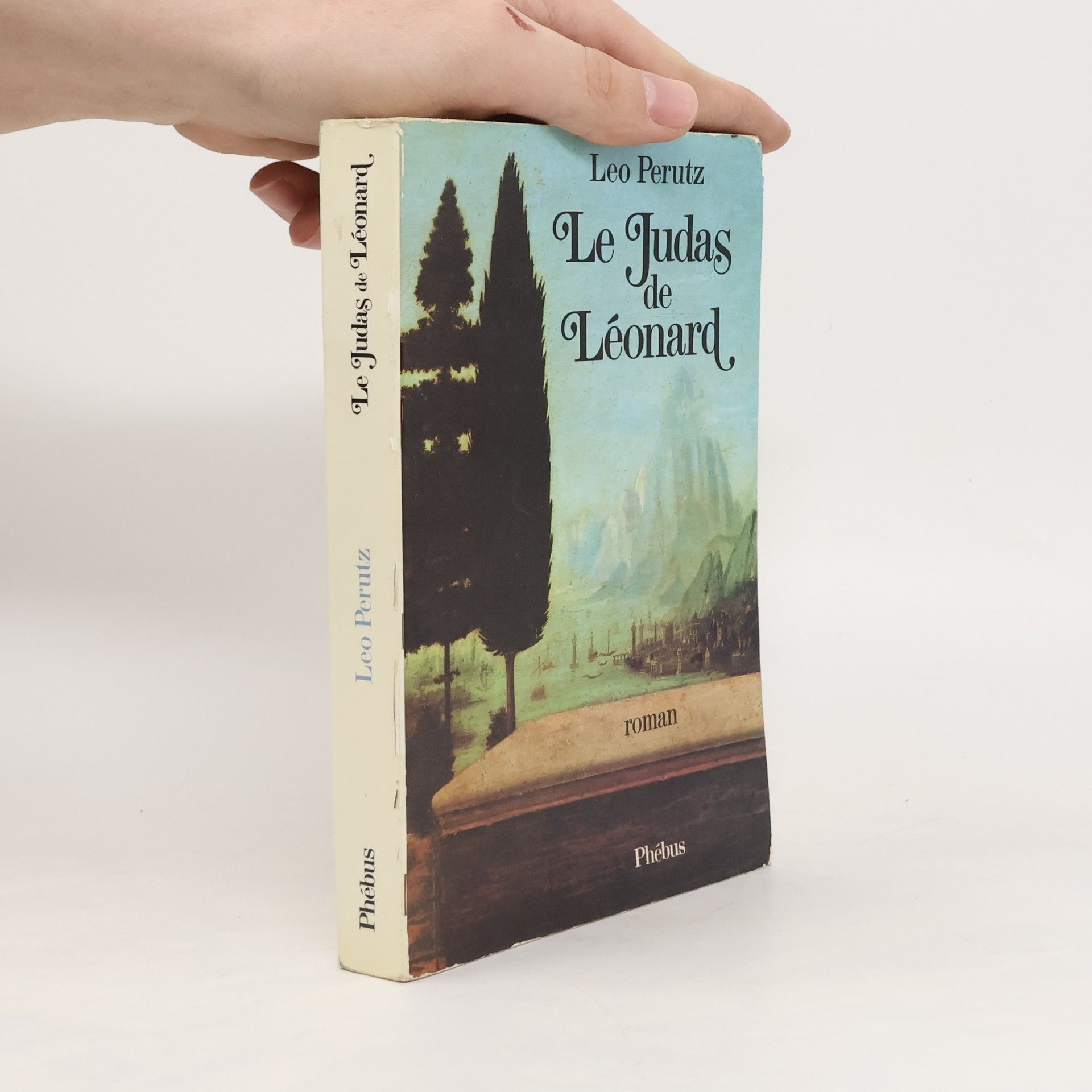


Saint Peter's snow
- 160 páginas
- 6 horas de lectura
It could have been a common street accident that put Dr. Georg Amberg in the hospital, but for the five weeks his doctors say he has been in a coma, recovering from a brain hemorrhage after being run down by a car, he has memories of a more disturbing nature. What of the violent events in the rural village of Morwede? The old woman threatening the priest with a breadknife, angry peasants with flails and cudgels, Baron von Malchin with a pistol defending his dreams for the Holy Roman Empire—how could Dr. Amberg ignore these? And what of the secret experiment to make a mind-altering drug from a white mildew occurring on wheat—a mildew called Saint Peter’s Snow. In this feverish tale of a man caught in the balance between two realities, Leo Pertuz offers a mystery of identity and a fable of faith and political fervor, banned by the Nazis when it was first published in 1933. Saint Peter’s Snow is typical of Perutz’s storytelling mastery: extraordinarily rich and elegant fiction that is taut with suspense, full of Old World irony and humor.
Le Judas de Leonard
- 245 páginas
- 9 horas de lectura
Turlupin
- 197 páginas
- 7 horas de lectura
Novembre 1642: tutto è pronto per il colossale bagno di sangue in cui, nel giorno di San Martino, dovranno rotolare ben diciassettemila teste di nobili, per il grande macello dell'aristocrazia di Francia. Ma la macchina si inceppa e tutto finisce in una bolla di sapone. Come mai? Un uomo bislacco, un sognatore che mentre incipria o rabbercia parrucche ormai stanche, vagheggia di avere origini altissime, un essere mezzo Arlecchino e mezzo Charlot, attraversa come una torpedine impazzita il gran disegno del Cardinale. Per contrastare i progetti dei Titani, il destino si serve del folle parrucchiere Tancréde Turlupin. Il quale, fantasticando di essere riconosciuto da nobilmadre, finirà per diventare l'ultimo campione dell'aristocrazia morente.
Dans l'Europe orientale au début du XVIIIe siècle, aux confins de la Prusse et de la Pologne, le jeune roi Charles XII de Suède rêve de se tailler un empire qui irait de la Baltique à la mer Noire... et y réussit presque. Un jeune officier de ses troupes, déserteur et pourchassé, prend la place d'un voleur de grand chemin pour échapper à la potence - lequel voleur prend sa place dans la vie. Et c'est l'histoire de ce dernier qui nous est contée : poursuite endiablée d'un bonheur qui toujours échappe, jusqu'à la chute finale, attendue et d'autant mieux pathétique, où la Mort reprend ironiquement ses droits.
In diesem Band sind kleine Erzählungen, unvollendete Romane und Reise- sowie Literaturfeuilletons von Perutz versammelt. Im Mittelpunkt steht das Romanfragment "Mainacht in Wien", das 1938 entstand und die Flucht des jüdischen Journalisten Dr. Georg Schwarz vor der deutschen Besatzung erzählt.
Diese Sammlung von Kurzgeschichten enthält: Herr, erbarme dich meiner! Dienstag, 12. Oktober 1916 Die Geburt des Antichrist Der Mond lacht Das Gasthaus zur Kartätsche Nur ein Druck auf den Knopf Der Tag ohne Abend Gespräch mit einem Soldaten Pour avoir bien servi
Die funkelnden Reise- und Literaturfeuilletons, die Perutz berühmt gemacht haben, kleine Erzählungen und zwei unvollendete Romane bilden das Herzstück des Bandes. 'Mainacht in Wien' ist 1938 auf dem Weg in die Emigration entstanden und schildert die Geschichte des jüdischen Journalisten Dr. Georg Schwarz, der in die Fänge der Staatspolizei gerät. Dieser Band zeigt den Autor als einen der faszinierendsten Repräsentanten der Wiener Moderne. Er hält Überraschungen für eingefleischte Perutz-Anhänger bereit, ist aber gleichzeitig ein idealer Einstieg für neue Leser.
Spanienfeldzug, Winter 1812: In der andalusischen Bergstadt La Bisbal werden die Napoleon unterstützenden Regimenter „Nassau“ und „Erbprinz von Hessen“ durch spanische Guerillas vernichtet. Einzig der Leutnant von Jochberg überlebt das Massaker, seine Memoiren halten die geheimnisvollen Umstände bis zu ihrem tödlichen Ausgang fest. Leo Perutz erzählt in diesem unheimlichen und zugleich unnachahmlichen Roman, wie die deutschen Offiziere sehenden Auges und kraft der Phantasie des wandlungsfähigen Marques de Bolibar, Kopf des spanischen Widerstands, ihren eigenen Untergang herbeiführen.
